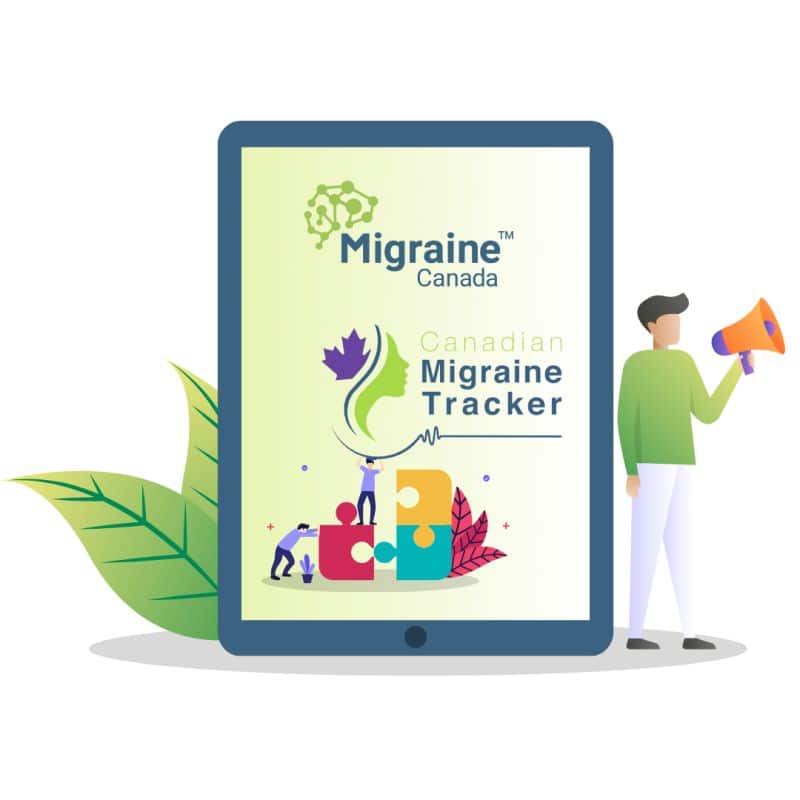If your migraine medication relieves pain but it returns within a few hours, you may be experiencing headache recurrence. This guide offers strategies to manage and reduce recurrence, including taking a second dose, adjusting medication timing, switching to longer-lasting medications, and considering preventive treatments. Consult your doctor to find the best solution for your needs.
Initial Pain Relief and Recurrence
Many people with migraine find that their medication relieves the pain from their migraine attack, or reduces it to a mild level within 2 hours. If this is not happening with your acute migraine medication, you need to talk to your doctor about trying other medications.
However, while some people experience that even though their acute migraine medication works well after they take it, their migraine pain returns anywhere from 4 to 24 hours after taking the medication. This is called a headache recurrence. In this case, usually the best thing to do is to take another dose of the same medication. For example, if you took ibuprofen or a triptan (like sumatriptan) for your migraine attack, a second dose on the same day is fine, and will usually take care of the headache recurrence.
Strategies to Reduce Headache Recurrence
If you regularly experience headache recurrence within 24 hours of treatment, consider these strategies to reduce its frequency:
- Take Medication Earlier
Take your acute medication earlier in your migraine attack while the pain is still mild. Be cautious if you have frequent migraine attacks, as taking non-steroidal anti-inflammatory drug like ibuprofen or diclofenac 15 days a month or more, or a triptan or combination analgesics (a tablet with several different ingredients in it) 10 days a month or more, can lead to medication overuse headache. Keep a migraine diary to track your medication use and consult your doctor about other options if you are at risk.
- Switch to Longer-Lasting Medications
Switch to an acute medication with a lower chance of t headache recurrence. If you are taking a triptan, switching to eletriptan or frovatriptan may result in less headache recurrence. If you are taking a non-steroidal anti-inflammatory drug like ibuprofen, consider switching to naproxen sodium, which stays in the body much longer.
- Combine Medications
If you are taking a triptan and have frequent headache recurrence, combining naproxen sodium along with your triptan may help reduce the number of headache recurrences that you experience.
- Consider Preventive Medication
Finally, if you have quite frequent migraine attacks (more than 3 per month), and they often recur within 24 hours, consider talking to your doctor about starting a preventive medication. While this means taking medication daily, preventive treatments do not cause medication overuse headache and can make remaining attacks milder and more responsive to acute treatments.
Conclusion
It is likely that one of the solutions listed above will solve your problem. If not, talk to your doctor about other options.



